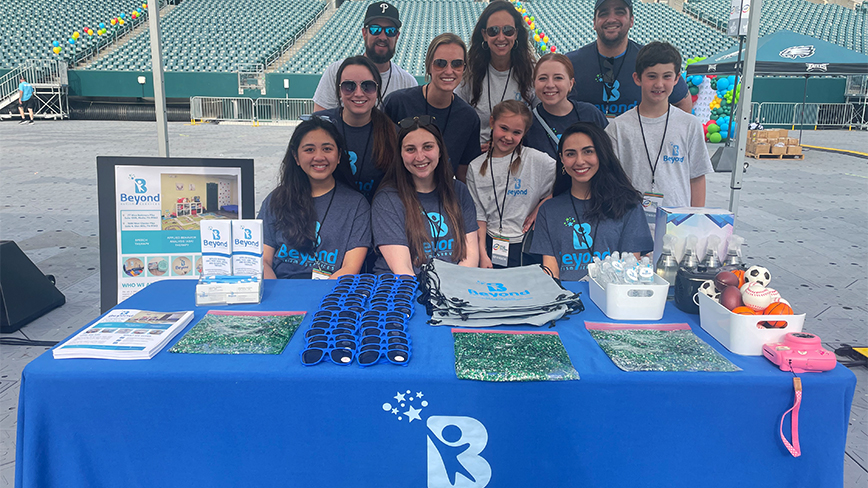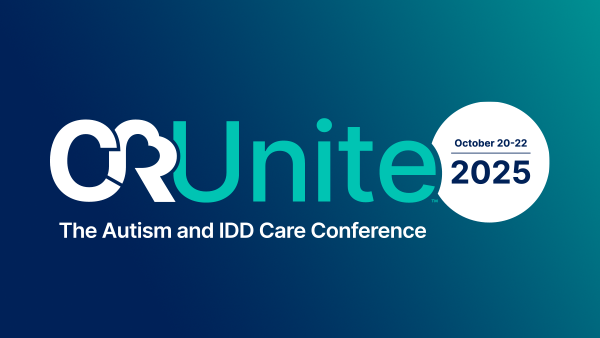Board Certified Behavior Analysts® (BCBAs®) play an essential role in developing individualized applied behavior analysis (ABA) therapy programs for each of their learners. In this role, it is common to wear many different hats. Behavior analysts are responsible for endless tasks, from assessing learners and creating individualized care plans to training and supervising technicians to supporting and guiding caregivers, just to name a few. To get a clearer picture of what the BCBA® role entails, join us as we dive into a day in the life of a BCBA®.
Daily Responsibilities of a BCBA®
Behavior analysts work with a caseload of several clients, often 6-10, depending on various factors, such as the case intensity, individualized needs, and whether they have the support of a mid-level supervisor. BCBAs® have ongoing responsibilities related to their clients and supervisees as well as administrative tasks. With many responsibilities on their plate, each day brings about something different. While this can make the role enjoyable and rewarding, it can also be hard to balance with so much on their plates.
While every day brings about a different set of tasks and the daily expectations may differ depending on the setting, a typical day for a BCBA® working in clients’ homes might look like the following.
Some days, a behavior analyst’s schedule is more client-focused, spending more time with their clients, caregivers, and technicians, and others can be heavier on the side of administrative tasks and indirect care (e.g., treatment plan writing, scheduling, coordination of care). It can often be a juggling act for behavior analysts to achieve all of their non-billable expectations while ensuring they hit billable hour requirements that many companies set.
Let’s dive a little deeper into several of the most common areas of focus for a BCBA’s® day-to-day tasks.

Assessments
Behavior analysts are responsible for conducting initial assessments and writing treatment plans. They also conduct re-assessments at least every six months to identify a measure of progress their learners have made and create updated goals based on their learner’s current skill strengths and areas of need.
Assessments are typically conducted in person with the client, though there is additional work behavior analysts do post-assessment at their home or office. Some of this process can be tedious, particularly when the assessment is scored by paper and pen, because the behavior analyst then needs to manually score the assessment, which can be time-consuming. After scoring the assessment, they also need to analyze the results and generate a report highlighting the client’s skill strengths and areas of needed focus. Again, this can be a long, drawn-out process. Assessments are so critical. Yet, spending too much time analyzing and reporting on the results takes away from time spent directly with the client and therapy team. Utilizing digital assessments that automatically score the assessment and seamlessly generate individualized reports can save you countless hours.
Treatment Plan Creation
After an initial or re-assessment is completed and analyzed, the behavior analyst then has to create a treatment plan outlining background information about the client, assessment results, and treatment plan goals. Each funder has different requirements, so multiple report templates may be needed that meet individual payor expectations. Treatment plans are quite lengthy, taking up a significant amount of time. Oftentimes the reassessment and treatment plan process requires more hours than are allotted by the funding source, resulting in dedicating additional non-billable time.
Using disintegrated systems makes this process significantly more challenging and time-consuming. Manually pulling data into reports can also leave room for human error. As such, using a practice management system that auto-populates the client information, goal data, and more can significantly streamline the process, saving the BCBA® time that can be better spent supporting the client, family, and technicians.

Supervision and Case Oversight
A large portion of a BCBA’s® day-to-day responsibilities involves overseeing their client’s therapy. This consists of a combination of many tasks, such as training and supervising staff, creating program goals and write-ups, graphing progress, analyzing progress and making modifications where necessary, probing new skills, and writing notes to document their activities.
Overseeing therapy progression is crucial for ensuring clients make adequate progress toward the mastery of their short and long-term goals. However, manually monitoring progress, graphing by hand or with Excel, and sifting through goals and updating targets as soon as they meet mastery criteria all take a great deal of time and effort. Depending on the analyst’s caseload size and available resources, staying on top of these expectations can become challenging. Effectively managing your time is vital in this position. Automating some of these tasks can not only take some responsibility off the behavior analyst’s plate but also allows for enhanced progress for the learner. For example, when targets automatically progress as the learner meets pre-determined criteria, this streamlines the process, eliminating the need to wait for the next supervisory overlap to advance the goal. This greatly reduces the likelihood of stalled progress.
Caregiver Training and Support
Another key aspect of the BCBA® role involves caregiver training. Research shows enhanced results for clients and caregivers when caregivers are actively engaged in their children’s care (Sneed & Samelson, 2022). Similar to overseeing the progression of client goals, behavior analysts must also closely monitor caregiver goals, updating graphs and analyzing progress on an ongoing basis to make decisions and recommendations regarding the progression of care. When time is of the essence for busy families, systems that allow for automated graphing make it easier to analyze skills and make more rapid treatment decisions.
Following caregiver training sessions, behavior analysts write a note documenting their activities based on the funder’s requirements. Pre-made note templates can take some of the load off by making it easier to write and submit notes that meet the expectations of payors and reduce non-billable administrative expectations.
Optimize your Revenue Cycle Management with CentralReach
CentralReach offers comprehensive and integrated solutions to optimize your revenue cycle management. Gain efficiency and optimize earnings with CentralReach’s Practice Management system. Choose CR Billmax as your managed billing solution to scale care and improve revenue flow.
Learn more about these solutions and how they can enhance your revenue
cycle management

Ashleigh Evans, MS, BCBA
Ashleigh is a Board Certified Behavior Analyst (BCBA) with over 14 years of experience working across multiple positions in the ABA field. With a passion for improving the field, she founded ABA Resource Center in 2022. In addition to providing supervision and mentoring to aspiring behavior analysts, Ashleigh is a writer dedicated to enriching the world of ABA with resources for professionals, clients, and caregivers.
References
Sneed, L., & Samelson, D. (2022). Effectiveness of parent-led applied behavior analysis at improving outcomes for parents of autistic children. Journal of Social, Behavioral, and Health Sciences, 16(1), 160–177. https://doi.org/10.5590/JSBHS.2022.16.1.12
Syed, N. (2020, March 4). Focus on...ethical caseloads and practice in schools. Syed. https://www.abaethicshotline.com/ethical-caseloads-and-practice-in-schools/



